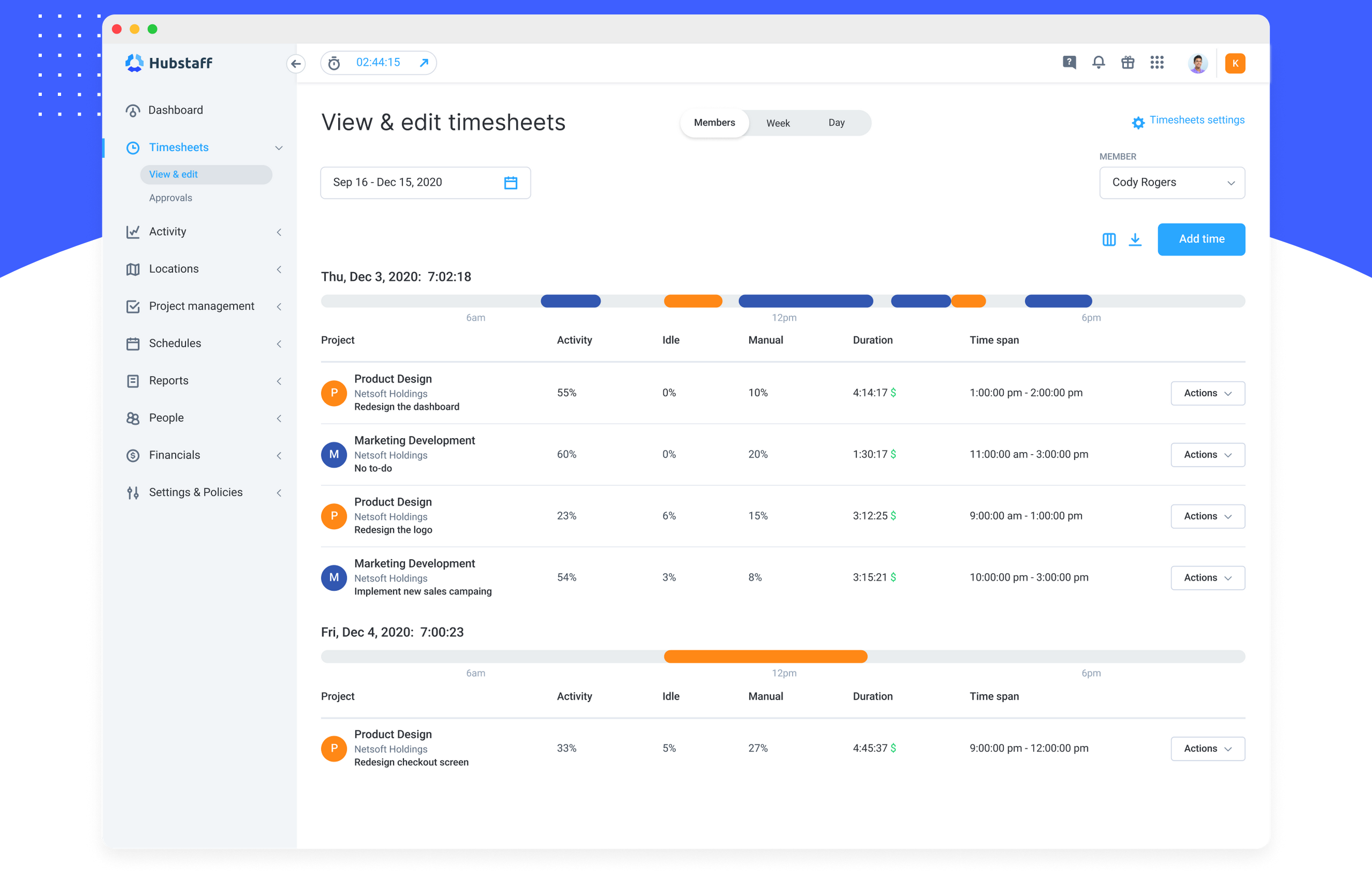In the modern, productivity-focused, and increasingly distributed world of work, the ability to accurately track, manage, and analyze how time is spent has become a critical operational imperative for businesses of all sizes. This fundamental need has fostered a massive and highly dynamic enterprise software category, populated by a diverse and extensive list of Time Tracking Software Market Companies. These firms collectively contribute to a multi-billion-dollar global market valuation. Time tracking software is a broad category of tools that enable employees and managers to record the time spent on various tasks, projects, and clients. The market is comprised of a highly fragmented ecosystem of companies, ranging from simple, standalone time-tracking apps designed for individual freelancers and small teams, to sophisticated, enterprise-grade platforms that are deeply integrated with project management, payroll, and professional services automation (PSA) systems. The sheer number and diversity of companies in this space is a testament to the universal and ever-present need for businesses to gain a clear and accurate understanding of their most valuable and finite resource: time. The Time Tracking Software market size is projected to grow USD 11.48 billion by 2032, exhibiting a CAGR of 16.5% during the forecast period 2024-2032.
The financial architecture of the market and the business models of its leading companies are predominantly built upon the highly scalable and predictable Software-as-a-Service (SaaS) subscription model. The recurring revenue from these SaaS subscriptions forms the stable financial backbone of the industry, with companies typically paying a fee based on the number of users per month. The companies in this market can be broadly categorized based on their primary use case and target audience. The first major group consists of the standalone, "best-of-breed" time tracking specialists. These companies focus on doing one thing exceptionally well: providing a simple, intuitive, and powerful tool for tracking time. Their business model is often a "freemium" or a low-cost, self-service model that is highly attractive to small and medium-sized businesses (SMEs). The second major group is comprised of the companies that offer time tracking as an integrated module within a broader platform, such as a project management suite, a professional services automation (PSA) tool, or a human resources (HR) and payroll system. For these companies, time tracking is a key feature that enhances the value of their core platform.
The geographic presence and focus of the major companies in the time tracking software market are global, with North America currently representing the largest and most mature market. This is driven by the high concentration of knowledge-based and professional services firms in the region, a strong culture of productivity and data-driven management, and the early and widespread adoption of cloud-based software. The leading companies in the market all have a major presence and a significant portion of their revenue derived from the North American market. Europe is the second-largest market, with a similar dynamic and a strong demand for solutions that can support the complex time and attendance tracking requirements of its labor laws. However, the most explosive and dynamic growth is now coming from the Asia-Pacific (APAC) region. As the professional services and technology sectors in countries like India continue to grow, and as more businesses in the region adopt remote and flexible work models, the demand for modern, cloud-based time tracking solutions is skyrocketing.
Top Trending Reports -
Production Information Management Market Size, Trends - 2035
Enterprise Asset Management Market Size, Growth Report 2035
Security Orchestration Automation and Response Market Size - 2035



